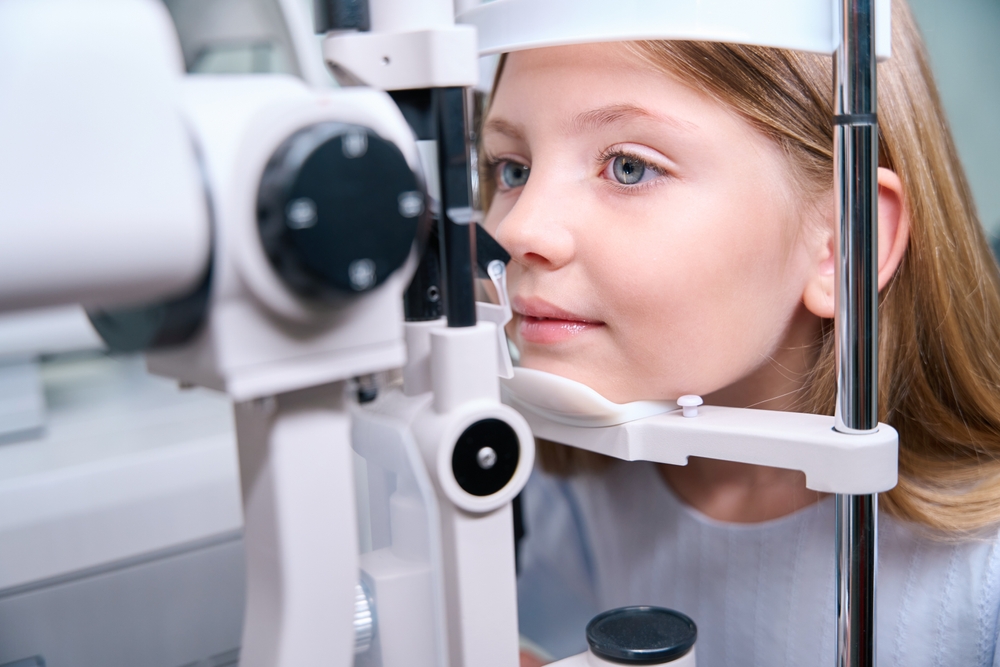
Your eyes are designed to work together as a team, but when they don’t, it can affect far more than just your eyesight. Poor eye coordination can lead to headaches, difficulty reading, problems with depth perception, and even struggles at school or work. A binocular vision assessment is a specialized evaluation that goes beyond a standard eye exam to determine how well your eyes work together and whether any underlying issues are affecting your daily life. This assessment can be especially important for children, as vision problems often go unnoticed and may be mistaken for learning or attention difficulties.
What Is Binocular Vision?
Binocular vision refers to your eyes’ ability to work together to create a single, clear image. This teamwork allows you to perceive depth, judge distances, and maintain comfortable vision for extended periods. When there’s a problem with binocular vision, the eyes may not align properly or coordinate smoothly, leading to issues such as:
• Double vision
• Eye strain or headaches, especially after reading
• Difficulty focusing or maintaining attention on close work
• Poor depth perception
• Skipping words or losing your place while reading
What to Expect During a Binocular Vision Assessment
Unlike a standard vision screening, a binocular vision assessment takes a deeper look at how your visual system functions beyond just 20/20 eyesight. During the assessment, your optometrist will evaluate:
• Eye alignment and tracking
• Focusing flexibility
• Eye teaming and coordination
• Depth perception
The results can help identify conditions such as convergence insufficiency (difficulty bringing the eyes together for close work), accommodative dysfunction (problems focusing), or other visual processing challenges that often go undetected during routine eye exams.
Why Is This Important for Children?
Children with undiagnosed binocular vision issues may struggle in school without realizing their vision is to blame. They might avoid reading, have difficulty paying attention, or seem clumsy in sports. Since kids rarely complain about these problems, a binocular vision assessment can be a key step in identifying the root cause of academic or behavioral struggles. Early detection allows for timely intervention and sets children up for greater success.
How Vision Therapy Can Help
If a binocular vision assessment uncovers a problem, vision therapy can often be the solution. Vision therapy is a doctor-prescribed, personalized program that uses exercises and activities to train the eyes and brain to work together more effectively. Think of it as physical therapy for your visual system. Over time, vision therapy can improve eye coordination, focusing skills, and visual processing, helping both children and adults achieve more comfortable and efficient vision.
Unlock Clearer, More Comfortable Vision at 730 North Optometry
Clear, comfortable vision involves more than just seeing 20/20. A binocular vision assessment can uncover hidden issues with eye teaming and coordination that impact learning, work, and overall quality of life. With early detection and, if needed, vision therapy, you or your child can overcome these challenges and enjoy sharper, more effortless vision.
Schedule a binocular vision assessment with 730 North Optometry and take the next step toward clearer, more comfortable vision. Visit our office in Libertyville, Illinois, or call (847) 362-9900 to book an appointment today.








